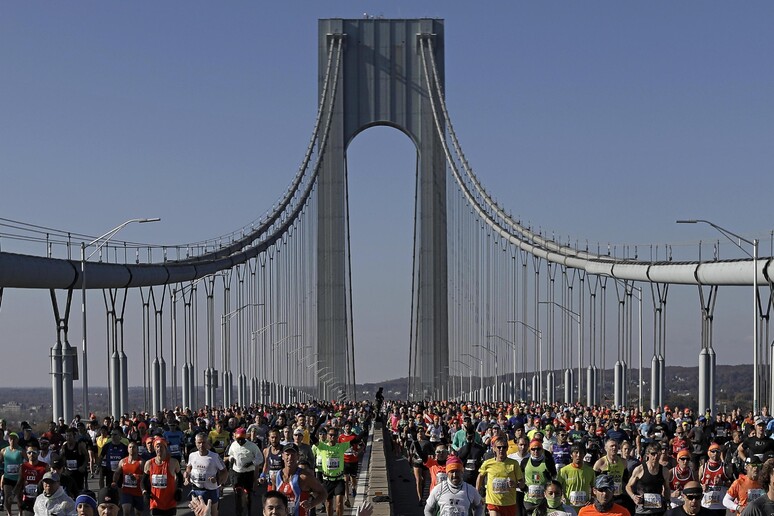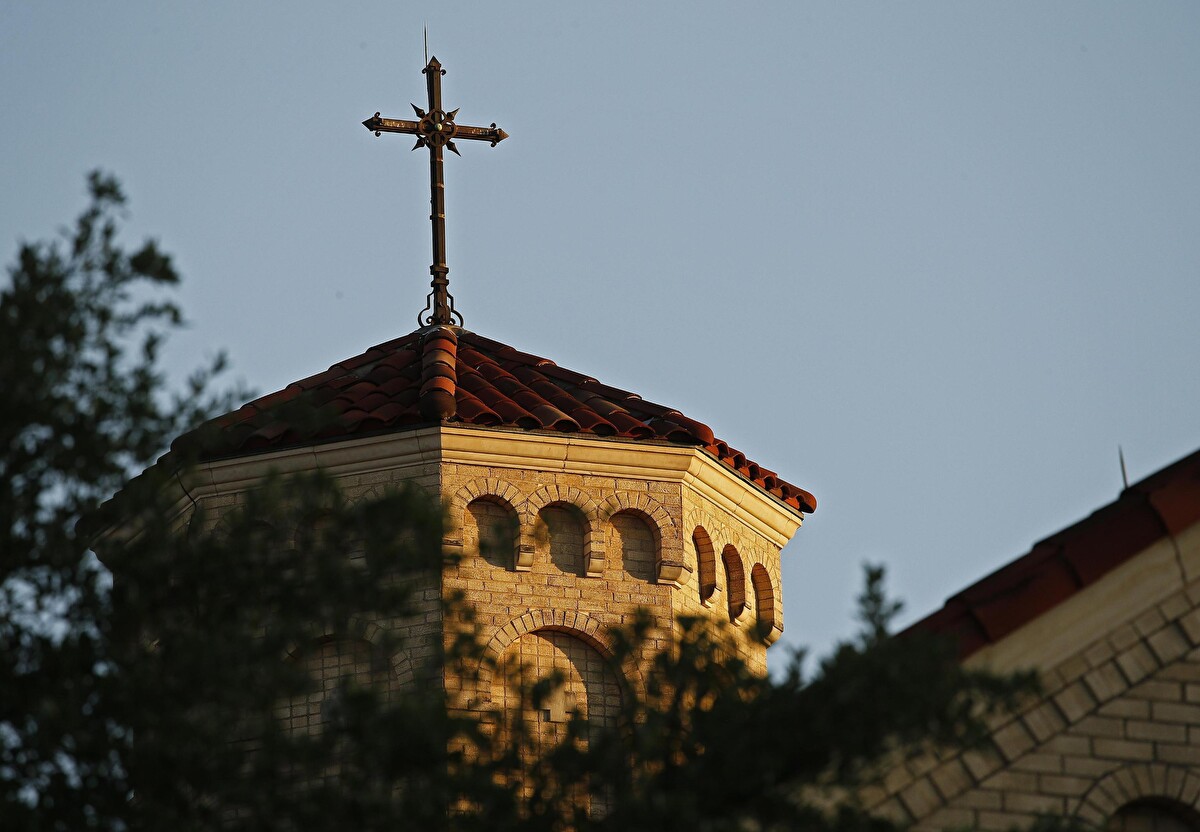The stunning Verrazano-Narrows Bridge start of the New York City Marathon may come at an even more stunning cost for avid runners.
As first reported by the New York Times, the Metropolitan Transportation Authority is demanding that the event organizers, the New York Road Runners, pay $750,000 annually to offset the loss of toll income caused by closing the bridge to traffic during the marathon. If the group refused to accept any sort of payment, the MTA threatened to limit the race to only one level of the bridge.
The MTA issued an ultimatum to the New York Road Runners (NYRR) executives after they consented to talk but have not yet made a payment. The race’s organizers warn that if it is restricted to only one level of the bridge, fewer participants may be permitted. Another option would be to lengthen the race, which would require more runners to run in the dark and block the local streets and bridge for a longer amount of time. The bridge’s two levels have been utilized by the marathoners since 1988, and it is anticipated that over 50,000 runners will participate in November.
“New Yorkers love Marathon Sunday, but taxpayers cannot be expected to subsidize a wealthy non-government organization like the New York Road Runners to the tune of $750,000,” the president of MTA Bridges and Tunnels, Catherine Sheridan, said in a statement.
“The MTA is prepared to continue working toward a final agreement with the NYRR, provided it leads, over time, to full reimbursement for the lost revenue.”
In 2021, the Road Runners started covering the staff costs associated with the bridge’s closure. According to the organization, the group was charged $150,000 last year. In March, the M.T.A. also requested compensation from Bike New York, a smaller organization that utilizes the lower deck of the bridge for the last stage of its Five Boro Bike Tour.
The NYC marathon is one of the Big Apple’s most significant events, drawing 50,000 runners and bringing in over $425 million annually for the city. An investigation by the New York Post revealed that last year’s race day saw record-breaking ridership, earning an additional $1.1 million for the MTA.












